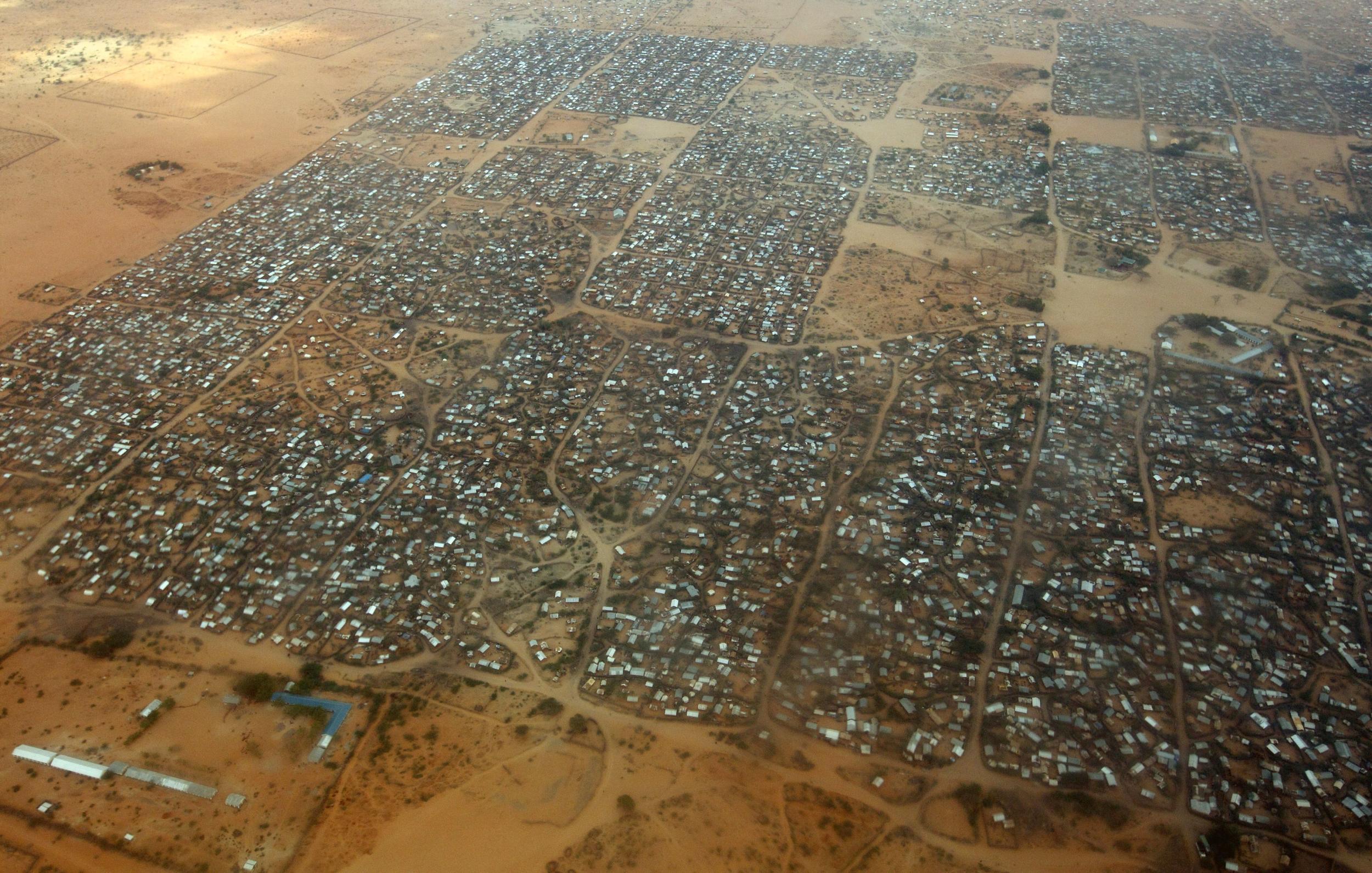We must guard against conflating refugees with terrorists
Refugee camps are often desperate places where extremist and even terrorist sympathies can flourish. But these camps are also home to families fleeing war and persecution

The announcement of the closure of the two largest refugee camps in Kenya, a temporary home to 600,000 people mostly of Somali origin, presents another refugee crisis for governments to solve, albeit one rather further from home than the destruction of the illegal camps housing Syrian and other migrants across the English Channel at Calais.
That should not mean it is another case of out of sight, out of mind. The fates of these unfortunate African refugees, who will now find themselves on the move yet again in their lengthy and futile attempt to find security, deserve our assistance just as much as those landing in Europe.
The pressing need to find a safe, stable place for those evicted is not the only similarity between the situation in Kenya and that on European soils. Writing in The Independent on the decision to shut the camps, Kenyan interior minister Karanja Kibicho said the sites had become hot houses for terrorist groups and must be closed to protect ordinary Kenyan citizens. “Some of the largest terrorist attacks, such as the 2013 Westgate atrocity, have been planned and executed from Dadaab,” he wrote. “Our intelligence and security forces have known for a long time that these camps are a dire threat to our people’s security.”
Similar language has been used to describe conditions within the camp known as the Jungle at Calais. Kevin Hurley, a Surrey police chief, has described the site as a “hiding place” for terrorists seeking to target the UK or Europe. “If I were a returning jihadi I would smuggle myself into this group,” he remarked.
There is, inevitably, a truth to both comments: refugee camps are often desperate places where, with their residents pushed to society’s margins, extremist and even terrorist sympathies can flourish. But these camps are also home to families fleeing war and persecution, and to children caught up in conflicts of which they bear no responsibility yet much of the pain and suffering.
The rhetoric around terror and refugee camps helped the UK Government to defend the indefensible, in turning away Syrian child migrants who should be sheltered and protected by Britain. That decision has happily been reviewed.
Linking refugee status to terrorism is a dangerous and unfair linguistic shorthand which allows the government and citizens to brush over their responsibilities to the lost and the vulnerable. It must be resisted, and exposed wherever it still happens. Kenya may have valid reasons to close its two largest refugee camps; the spurious inference that the 600,000 desperate individuals who live in them are dangerous criminals is not one.
Join our commenting forum
Join thought-provoking conversations, follow other Independent readers and see their replies
Comments
Bookmark popover
Removed from bookmarks